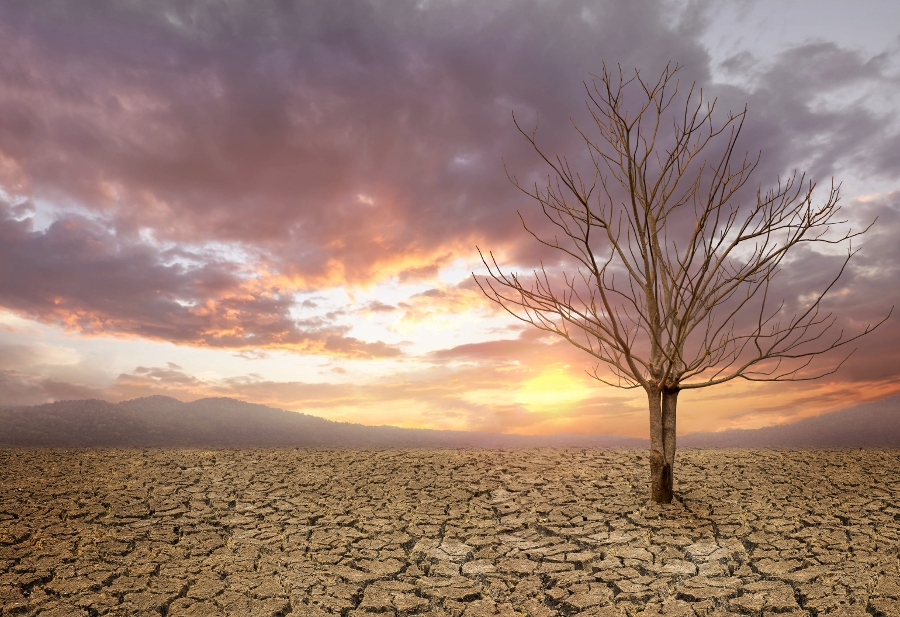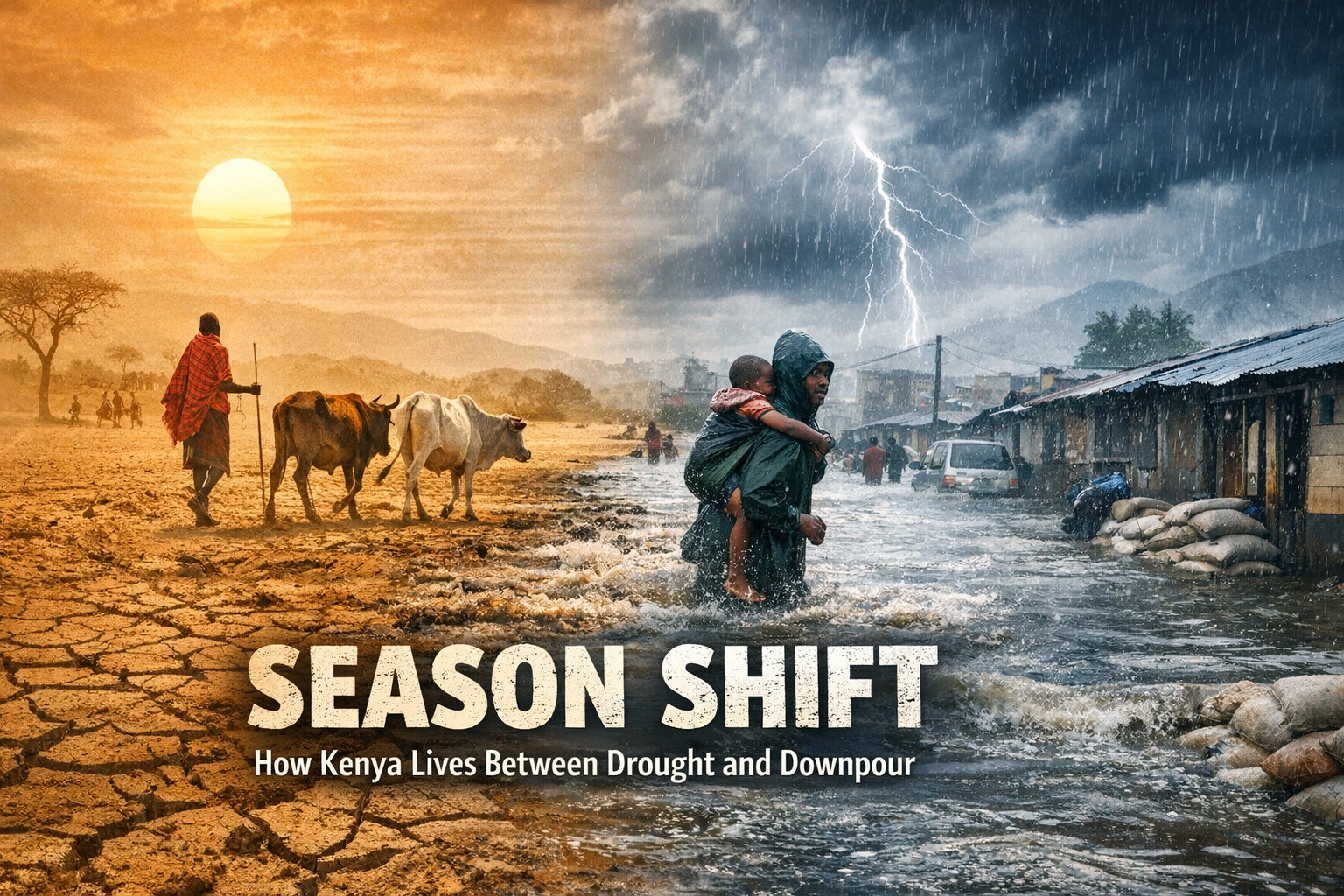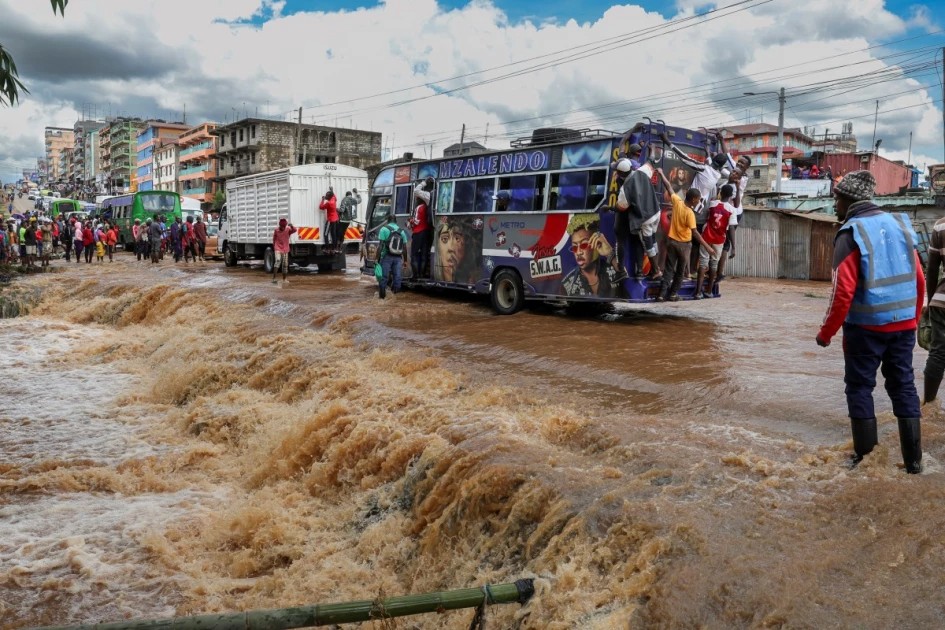- When extreme weather hits, ensure you have a designated place where your family can gather and safely ride out the storm.
The effects of climate change are undeniably alarming and demand immediate action. As we witness increased droughts, soaring temperatures, and severe storms causing devastating floods and landslides, it becomes clear that our way of life is at stake.
To tackle this global crisis, we must take proactive steps to adapt and mitigate the impacts of climate change.
1. Home Design
One crucial aspect is designing our homes with extreme weather in mind. We can reduce heat loss and energy waste by ensuring proper insulation, utilising new materials, and implementing energy-efficient window designs.
2. Have a Safe Place to Go
Read More
Having a safe place to go during extreme weather events is paramount. Whether it's a designated upper-level space to safeguard against storm surge flooding or an evacuation plan in areas prone to wildfires, preparedness can mean the difference between life and death.
3. Consider hydroponic gardening
In light of the challenges faced by traditional agriculture due to climate change, hydroponic gardening emerges as a promising solution.
With its ability to grow crops year-round, using minimal resources and without relying on vast land areas, hydroponic gardening can provide a consistent food source and alleviate the strain on conventional farming methods.
4. Use Permeable pavement
Another innovative approach is using permeable pavement instead of impervious asphalt or concrete. By allowing rainfall to infiltrate the soil or be collected for reuse, permeable pavement reduces runoff, protects water bodies from pollution, and helps replenish groundwater levels.
It also offers a longer lifespan and requires less maintenance than traditional pavement.
While these measures are steps in the right direction, they alone cannot solve the climate crisis. We need collective action and systemic changes to address the root causes of climate change.
Governments, businesses, and individuals must prioritise sustainable practices, invest in renewable energy, and reduce greenhouse gas emissions.
We are responsible for preparing for climate change and minimising its impacts on our communities, ecosystems, and future generations. By embracing these strategies and advocating for broader change, we can create a resilient and sustainable world that withstands the challenges of a changing climate.







